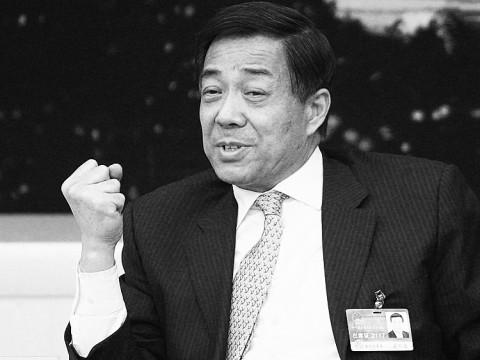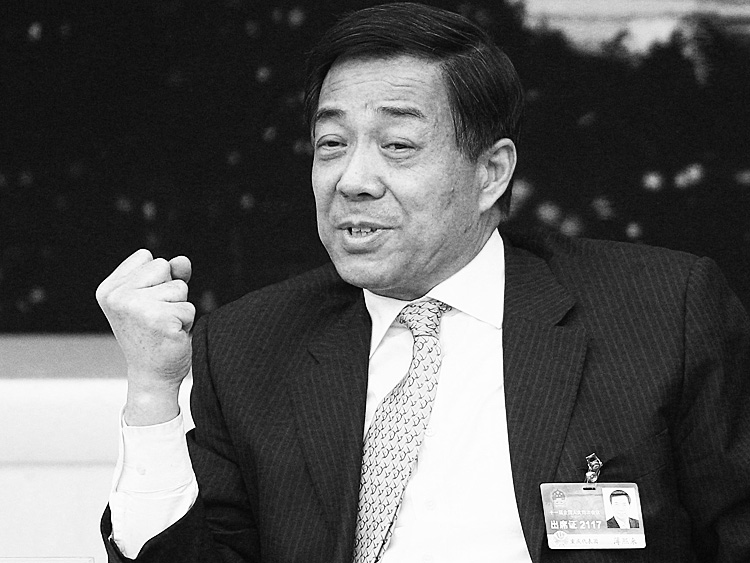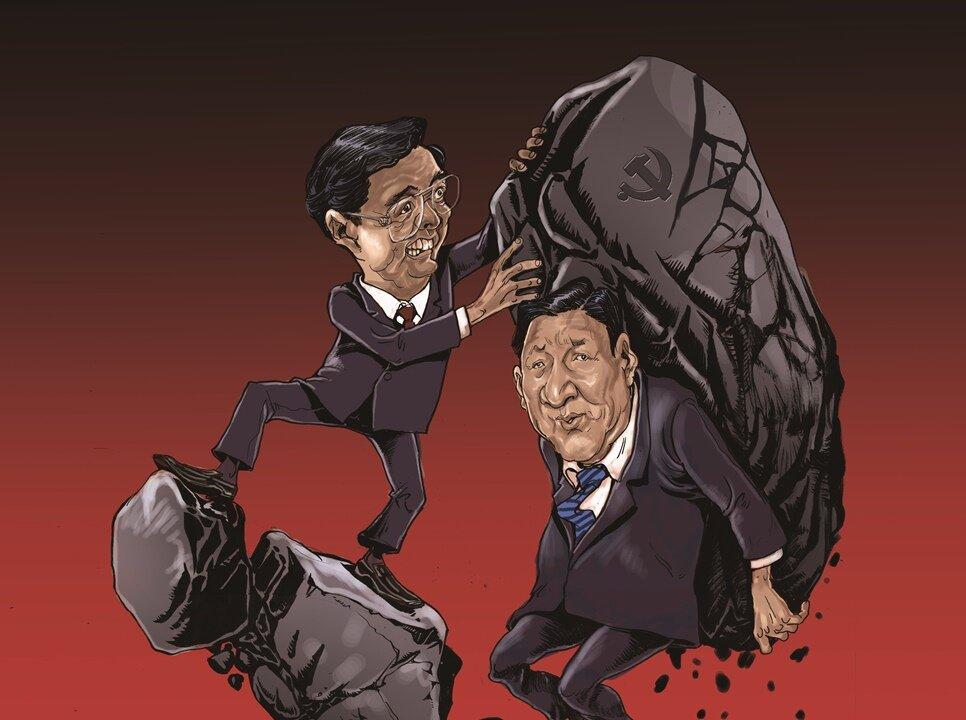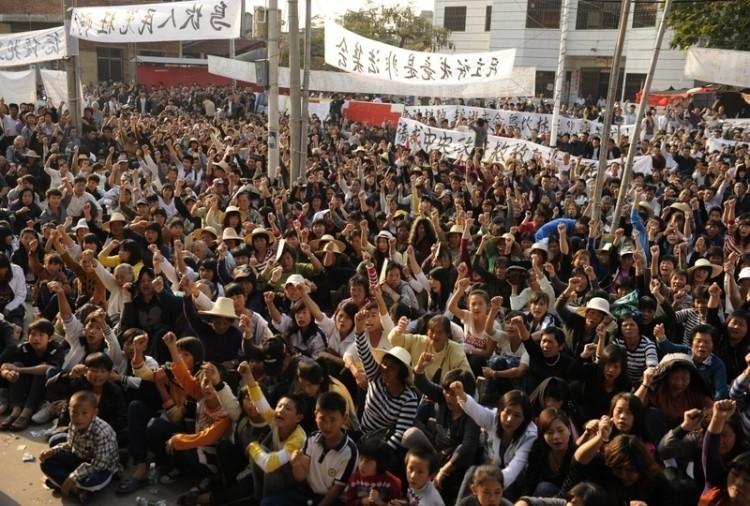The ties of Bo Xilai, the Communist Party head of the central-western megapolis Chongqing, and his former right-hand man, Wang Lijun, were sundered after Bo removed Wang as Chongqing’s police chief on Feb. 2.
Four days later, fearing that Bo meant to assassinate him in order to prevent Wang from giving information to a Party investigation into corruption in Chongqing, Wang fled to the U.S. Consulate in Chengdu, four hours drive to the west.
The Chinese regime mouthpiece Xinhua News confirmed on Feb. 9 that Wang spent one day at the U.S. Consulate in Chengdu on Feb. 6, and that related agencies are currently investigating.
The Xinhua statement shows that Wang is already no longer a “comrade,” but his action of going to the consulate has not been treated as a betrayal either. His life seems to be safe, but his political future is definitely gone.
The fate of Bo Xilai is much more complex.





